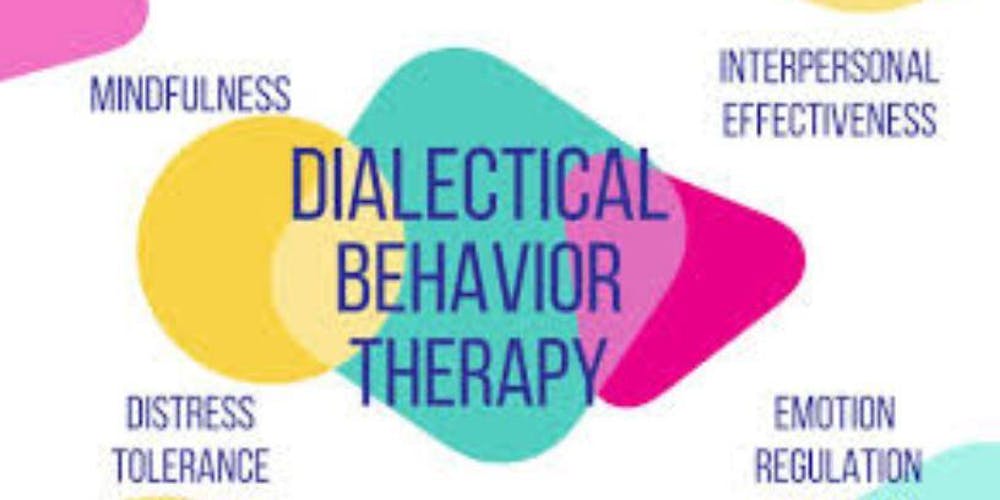A lot of people struggle with overwhelming emotions. It’s as if the knob is turned to maximum volume on much of what they feel. When they get angry or sad or scared, it shows up as a big, powerful wave that can’t be controlled.
If you’ve faced overwhelming emotions in your life, you know what we’re talking about. The trouble is, the more you try to suppress or put a lid on your emotions, the more overwhelming they can get.
Dialectical behavior therapy, developed by Marsha Linehan, is extraordinarily effective at helping people manage overwhelming emotions. Research shows that dialectical behavior therapy strengthens a person’s ability to handle distress without losing control or acting destructively. Dialectical behaviour therapy has been proved to be very useful in treating people with borderline personality disorder, mood disorders, people trying to harm them self repetitively and also substance abuse. Therapist and the client works on the model of acceptance and change.
Dialectical behavior therapy teaches four critically important skills that can both reduce the size of emotional waves and help you keep your balance when those emotions overwhelm you.
1. Distress tolerance will help you cope better with painful events by building up your resiliency and giving you new ways to soften the effects of upsetting circumstances.
DISTRESS TOLERANCE SKILLS: WHAT ARE THEY?
We all have to cope with distress as some point of our lives. It can be either physical or emotional. Most of the cases the pain and situation is something which we cannot predict and thus we can’t avoid. So the best possible thing left for us to do is cope with them effectively.
Some people experience more pain and more emotional distress than others. They are so overwhelmed by their emotions and situations that they end up doing something worse as the situation feels the end of the world to them.
And when they can’t cope with their emotions effectively they end up:
- spending great deal of time thinking about past experiences, mistakes and problems.
- They feel anxious about their future
- Get into addiction
- Displace your anger on others
- Get involved in dangerous and violent behaviour.
- You end up doing emotional eating
- Avoid social activities
- Involve in self harm activities
- Get involved in unsafe sexual activities
There are different distress tolerance skills. The first set of skills which help you distract yourself from the situation which is causing you immense pain. Here distraction is not avoiding the situation, but rather channelising the emotions in other activities. The other set of skills will help you to self soothe yourself, where it will help you to be compassionate about yourself.
2. Mindfulness will help you experience more fully the present moment while focusing less on painful experiences from the past or frightening possibilities in the future. Mindfulness will also give you tools to overcome habitual, negative judgments about yourself and others.
3. Emotion regulation skills help you to recognize more clearly what you feel and then to observe each emotion without getting overwhelmed by it. The goal is to modulate your feelings without behaving in reactive, destructive ways.
4. Interpersonal effectiveness gives you new tools to express your beliefs and needs, set limits, and negotiate solutions to problems—all while protecting your relationships and treating others with respect. The person is taught to keep his feelings and views in front of the other, without hurting the other one and without compromising his own self worth.
MindYog
Address: Signet Tower, 9th Floor, DN-2, DN Block, Sector V, Bidhannagar, Kolkata, West Bengal 700091
Phone: 090733 72300



